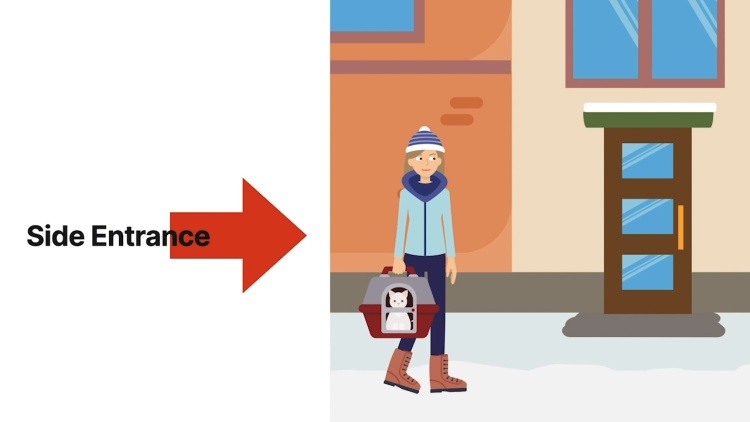Schroyer v. McNeal
Court of Appeals of Maryland
592 A.2d 1119 (1991)
- Written by Craig Conway, LLM
Facts
Frances McNeal (plaintiff) filed suit against Thomas and Patricia Schroyer (defendants), owners of a Holiday Inn hotel, after she slipped on a patch of ice, fell, and broke her ankle in the hotel’s parking lot. At the time of the incident, four inches of sleet and snow had fallen in the surrounding area. McNeal requested a room close to an exit because she needed to cart boxes back and forth from her car to her room. McNeal was assigned a room at the far end of the west side entrance, contrary to hotel policy during inclement weather. After parking her vehicle McNeal exited her car and gingerly stepped across the snow and ice to the entrance and made it inside the building successfully. On her way back outside to her car to get her belongings, McNeal slipped and fell. McNeal alleged that the Schroyers failed to properly maintain the parking lot and failed to warn her of its condition. McNeal conceded that the area was slippery, but that it did not prevent her from entering the hotel the first time. The jury held for McNeal and awarded her $50,000 despite the issue of assumption of risk being raised. The trial court denied the Schroyers’ request for judgment notwithstanding the verdict or, in the alternative, a new trial. The Schroyers appealed. The intermediate appellate court affirmed. The Court of Appeals of Maryland granted certiorari to review.
Rule of Law
Issue
Holding and Reasoning (Bell, J.)
What to do next…
Here's why 907,000 law students have relied on our case briefs:
- Written by law professors and practitioners, not other law students. 47,100 briefs, keyed to 996 casebooks. Top-notch customer support.
- The right amount of information, includes the facts, issues, rule of law, holding and reasoning, and any concurrences and dissents.
- Access in your classes, works on your mobile and tablet. Massive library of related video lessons and high quality multiple-choice questions.
- Easy to use, uniform format for every case brief. Written in plain English, not in legalese. Our briefs summarize and simplify; they don’t just repeat the court’s language.





